The United Kingdom is one of the most popular destinations for Bangladeshi students. But applying for admission to UK universities as well as applying for a UK student visa can be a daunting task for many students. If you are interested to study in the UK but don’t know too much, these FAQs on studying in the UK will be helpful for you. Keep reading to get an informed decision.
FAQs on the Study in the UK
Why Study in UK from Bangladesh?
In recent years, the United Kingdom has become one of the most popular study-abroad destinations for Bangladeshi students. There are many reasons why UK is attractive to Bangladeshi students, including the high quality of education, the opportunity to experience a different culture, and the chance to improve their English language skills.
One of the main reasons why UK universities are so popular with Bangladeshi students is the high quality of education on offer. UK universities are world-renowned for their teaching and research with world-class facilities and resources. Bangladeshi students who study in the UK can be sure that they are getting a world-class education.
Another reason why the UK is such a popular study abroad destination for Bangladeshi students is the opportunity to experience a different culture. The UK is a culturally diverse country, and Bangladeshi students will have the opportunity to meet people from all over the world. This is a great opportunity to learn about new cultures and make new friends. In fact, there is a large Bangladeshi community in the UK.
If you are a Bangladeshi student considering studying abroad, the UK is really a great option.
How Good is the UK Education System?
The United Kingdom has one of the oldest and most respected education systems in the world. The country has produced some of the most influential thinkers, writers and scientists in history.
Many of the world’s top universities are located in the UK, and the country continues to produce world-leading research. The UK education system also provides a good grounding in the core subjects of English, Maths, Science, Business Studies, Arts, and so on.
Ultimately, the question of how good the UK education system is depends on your individual perspective. However, there is no doubt that the system has some significant strengths and weaknesses.
How Much Does It Cost to Study in UK?
The cost of studying in the UK can vary depending on a number of factors, such as the type of institution, the location, and the course of study. However, there are a few general points that can be made about the cost of studying in the UK.
Tuition fees at public institutions in the UK are typically lower than at private institutions. This is because public institutions are partially subsidized by the government.
The cost of living in the UK can also be a factor in the overall cost of studying in the UK. London, for example, is a more expensive city to live in than other parts of the UK.
The type of course you study can also affect the cost. Courses that are more costly to run, such as those in the sciences, will typically have higher tuition fees than less costly courses, such as those in the humanities.
Overall, the cost of studying in the UK can vary depending on a number of factors. However, there are a few general points that can be made about the cost of studying in the UK.
Can I Study in the UK without IELTS?
If you have been wondering whether you can study in the UK without IELTS, the answer is yes! There are a number of universities and colleges that accept students without IELTS, so you don’t have to miss out on studying in the UK just because you don’t have IELTS.
There are a few reasons why you might not have IELTS. Maybe you didn’t have time to prepare for the test, or perhaps you didn’t get the score you needed. Whatever the reason, don’t worry – there are still plenty of options available to you.
The first step is to check the entry requirements of the universities and colleges you are interested in. Many institutions have their own English language requirements, so it is important to make sure you meet these. If you need help with your English, there are a number of free online resources that you can use to improve your language skills.
If you need help improving your English, you can rely on Career Paths. We have a dedicated team of professionals who will prepare you for the internal test conducted by universities.
Once you have checked the entry requirements, the next step is to find out which universities and colleges offer courses without IELTS. There are a number of these institutions, so you should have no problem finding one that is suitable for you. Career Paths is always here to help you out.
Can I Study in UK with Study Gap?
Many students worry about their study gap in order to apply for admission to UK universities. But the study gap is not a barrier at all to studying in the UK. Many UK Universities are used to receiving applications from students who have taken gap years, and they will take your gap year into account when making their decision.
How Can I Get Admission to UK Universities?
First, you need to choose the course and university. Then you can either apply through UCAS or directly to the University portal. You can check this article to get a comprehensive guide to getting admission to UK universities.
Can I Work in the UK with Student Visa?
As an international student in the UK, you are eligible to work 20 hours per week. After completing your studies, you will get 2 – 3 years PSW (Post Study Work) Visa, which is also known as Graduate Route. Overall, the UK is a great place to study and work as well.
Can I Get PR in the UK after My Studies?
Yes, getting PR in the UK after studies is now easier than ever. With the updated rules, it can be possible to get PR mainly known as ILR (Indefinite Leave to Remain) within 5 years. To be more precise, you can apply for ILR after working and living in the UK for 5 years. You can apply for citizenship just after 1 year of getting ILR.
What are the most popular destinations for students studying in the UK?
London is by far the most popular destination for international students studying in the UK. Other popular cities include Manchester, Birmingham, and Glasgow.
What is the cost of living in the UK?
The cost of living in the UK can vary depending on which city you study in. You can expect to pay around £600-£1000 per month for rent and utilities, and food and other living expenses will add another £200-£300 to your monthly budget.
What is the climate like in the UK?
The UK has a temperate climate, meaning it’s not too hot or too cold year-round. In general, the winters are colder and the summers are warmer than in Bangladesh. However, the weather can be quite unpredictable and can change rapidly, so it’s always a good idea to carry an umbrella with you!
What is the education system like in the UK?
The education system in the UK is very different from Bangladesh. In general, classes are much smaller and more interactive. You’ll also be expected to do a lot of independent research and reading outside of class.
We hope this has helped to answer some of your questions about studying and living in the UK! If you have any other questions, or if you’re ready to start planning your studies here, we, ‘Career Paths’ in Bangladesh can help.
What are the student visa requirements for the UK?
To study in the UK, you’ll need to apply for a Tier four (General) student visa. This type of visa is for students who are coming to the UK to study at an accredited university or college. Here are details of student visa requirements for the UK.
How long does it take to process a student visa for the UK?
The processing time for a student visa for the UK can vary depending on your circumstances. However, you can generally expect it to take around three to four weeks from the time you submit your application until you receive a decision.
We hope this has helped to answer some of your questions about studying and living in the UK! If you have any other questions, or if you’re ready to start planning your studies here, we, ‘Career Paths’ in Bangladesh can help.
Can you work while you are on a student visa in the UK?
Yes, you are allowed to work while on a student visa in the UK. However, there are some restrictions on the type and amount of work you can do. For example, you are not allowed to work full-time or take up paid employment, you can do a part-time job covering 20 hours per week.. You may be able to work part-time or do an internship or placement as part of your course. Check with the Career Paths Agency for more information on working while you are in the UK as a student.
Are there any restrictions on what you can study while in the UK on a student visa?
No, there are no restrictions on the type of courses you can study while in the UK on a student visa. However, you must be studying at an accredited university or college. You should also check with Career Paths to make sure the course you want to study is eligible for a student visa.
How much does it cost to apply for a student visa in the UK?
The cost of applying for a student visa for the UK varies depending on your circumstances. The current fee is £348. You can find out more about the cost of applying for a student visa on the Career Paths website.
What is the maximum amount of time students are allowed to stay in the UK on a student visa?
The maximum amount of time students are allowed to stay in the UK on a student visa is five years. However, you must make sure you apply for an extension before your current visa expires. You can find more information about extending your student visa on the Career Paths website.
What is the process for renewing your student visa in the UK?
You can renew your student visa in the UK by following the same process as you did when you first applied for a student visa. You will need to fill out an application form and submit it to Career Paths, along with the required documents. The processing time for renewal is usually around three to four weeks.
Conclusion
We hope this has helped to answer some of your questions about studying and living in the UK! If you have any other questions, or if you’re ready to start planning your studies here, we, ‘Career Paths’ can help you. Remember, moving to a new country is not easy, but with proper planning and research, it can be a rewarding experience. So don’t hesitate to get in touch if you have any questions or need help getting started. Thank you for your interest in studying in the UK!

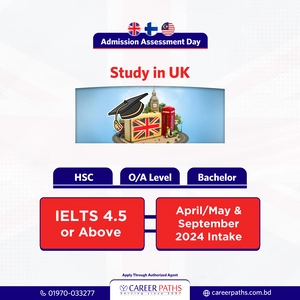



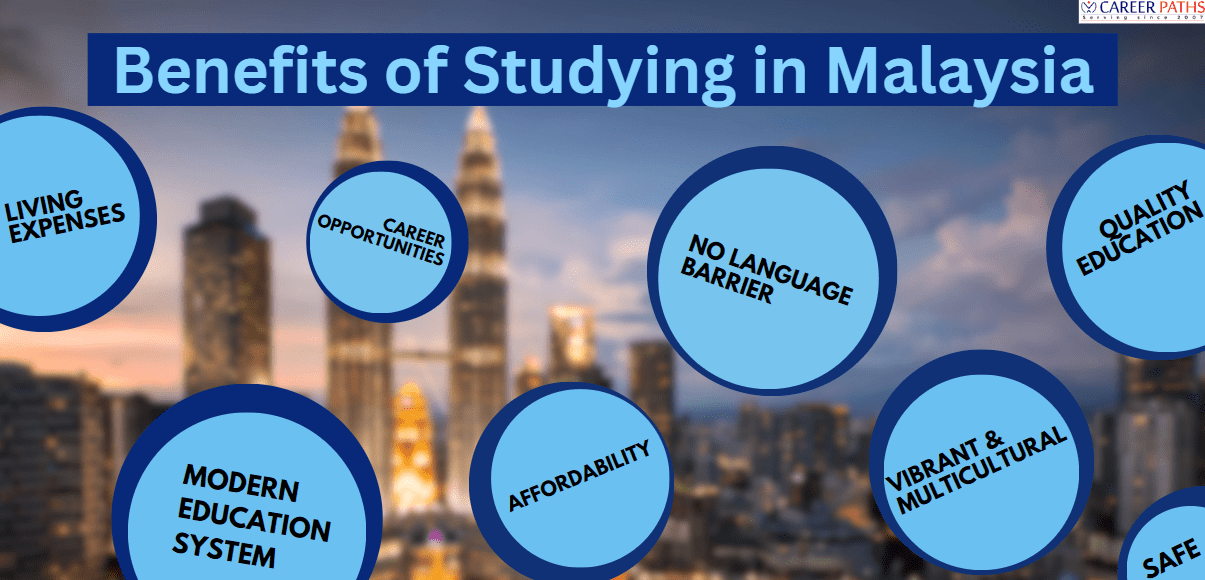

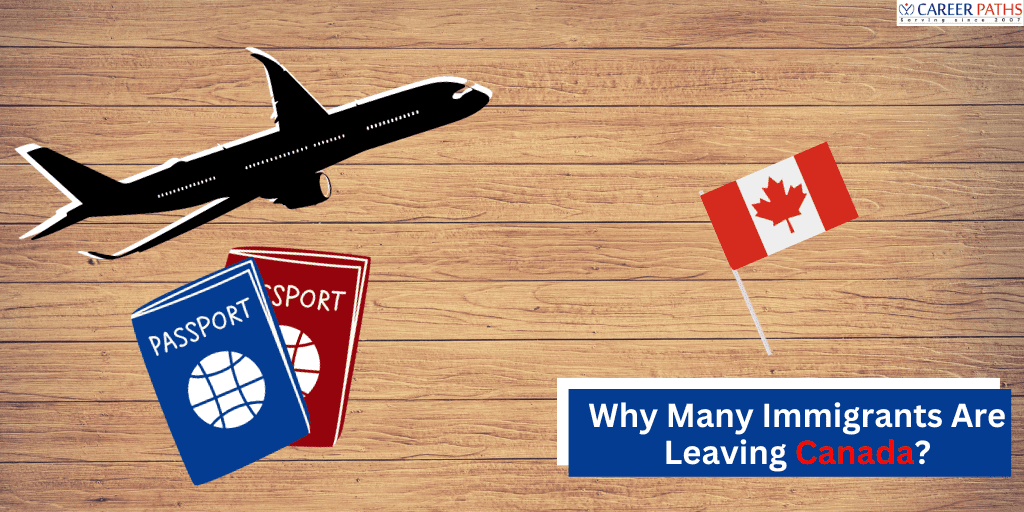

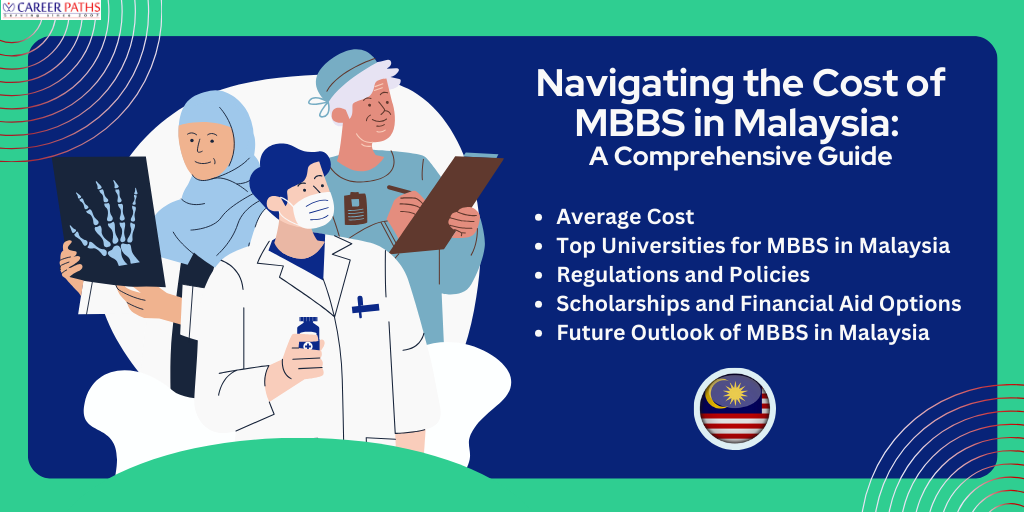
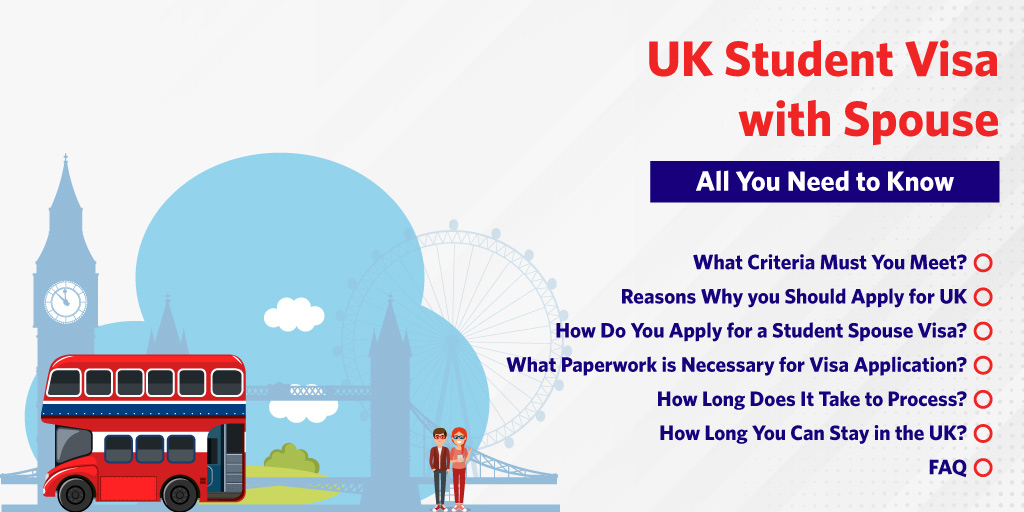

Great